Publications
Articles, publications, books, tools and multimedia features from the U.S. Institute of Peace provide the latest news, analysis, research findings, practitioner guides and reports, all related to the conflict zones and issues that are at the center of the Institute’s work to prevent and reduce violent conflict.
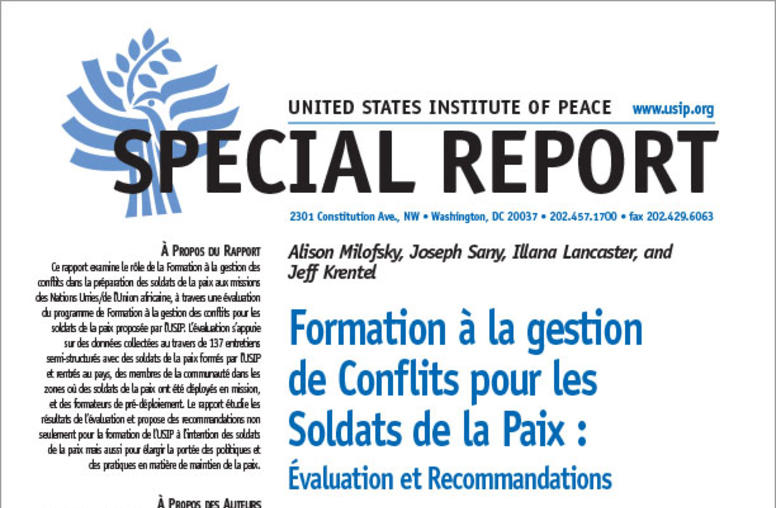
Conflict Management Training for Peacekeepers (French)
Ce rapport examine le rôle de la Formation à la gestion des conflits dans la préparation des soldats de la paix aux missions des Nations Unies/de l’Union africaine, à travers une évaluation du programme de Formation à la gestion des conflits pour les soldats de la paix proposée par l’USIP. L’évaluation s’appuie sur des données collectées au travers de 137 entretiens semi-structurés avec des soldats de la paix formés par l’USIP et rentrés au pays, des membres de la communauté dans les zones où des soldats de la paix ont été déployés en mission, et des formateurs de pré-déploiement. Le rapport étudie les résultats de l’évaluation et propose des recommandations non seulement pour la formation de l’USIP à l’intention des soldats de la paix mais aussi pour élargir la portée des politiques et des pratiques en matière de maintien de la paix.

Frank Aum on the Korean Peninsula After the Olympic Games
Frank Aum discusses the Korean Peninsula, and whether there is a pathway to keep the peaceful momentum going after the Olympic Games. Aum also tells us about the effect of international sanctions on North Korea and China’s interests.
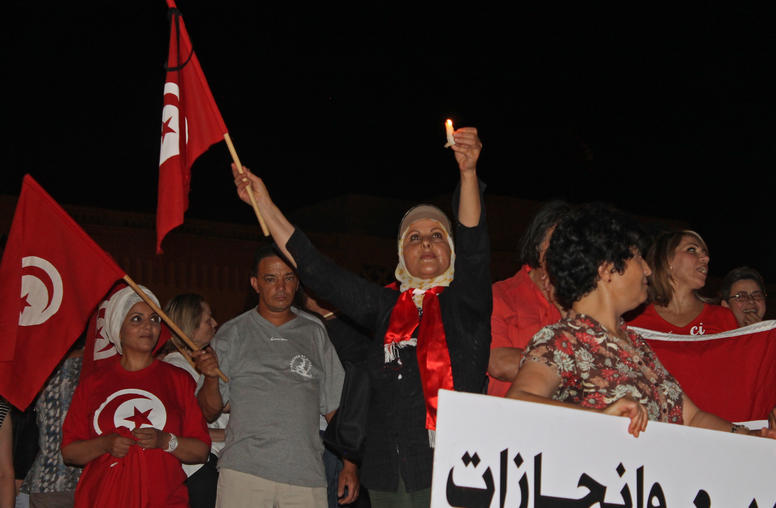
How Can U.S. Better Help Tunisia to Curb ISIS Recruitment?
As Tunisia last month celebrated the 2011 overthrow of its dictatorship, thousands of young Tunisians protested in streets nationwide, often clashing with police. Young Tunisians widely voice an angry despair at being unemployed, untrained for jobs, and unable to build futures for themselves. The single democracy to have arisen from the Arab Spring uprisings is undermined by the feelings of hopelessness among many youth, and by their exploitation by extremist groups linked to ISIS and al-Qaida. To help Tunisian, U.S. and other efforts to build hope for Tunisia’s youth, a small, USIP-funded project is measuring which kinds of programs are actually effective.
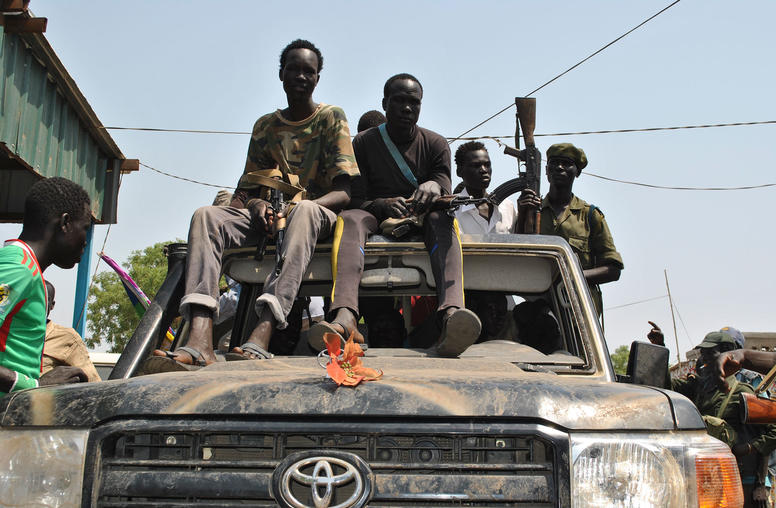
South Sudan’s Pitfalls of Power Sharing
This week, a new proposal for a power sharing government was tabled at the ongoing Intergovernmental Authority on Development (IGAD) High Level Revitalization Forum (HLRF) peace talks for South Sudan. An earlier, 2015 peace deal also contained a formula for power sharing; that arrangement failed and the civil war re-ignited a year later. Power sharing arrangements are appropriate if certain conditions are met, but not enough has been done to ensure the latest proposal will overcome the obstacles present in South Sudan, according to Susan Stigant, USIP’s director for Africa programs and Aly Verjee, a visiting expert at USIP and a former senior advisor to the IGAD mediation, who comment on the proposal and suggest how it could be improved.
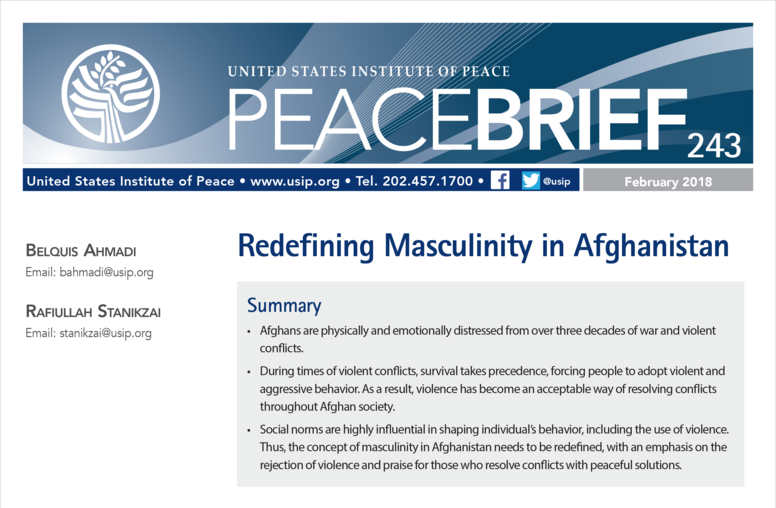
Redefining Masculinity in Afghanistan
Following more than three decades of political instability, violent conflicts, and foreign invasions, Afghanistan is home to nearly two generations that have grown up knowing only conflict and war. As a result, violent and aggressive behavior—particularly from young men—has become an accepted norm of...

Moeed Yusuf on U.S. - Pakistan Relations
Moeed Yusuf argues that U.S.-Pakistan relations that are approaching a breaking point where the two countries seem to be acting more as adversaries than partners given the heightened sense of mistrust
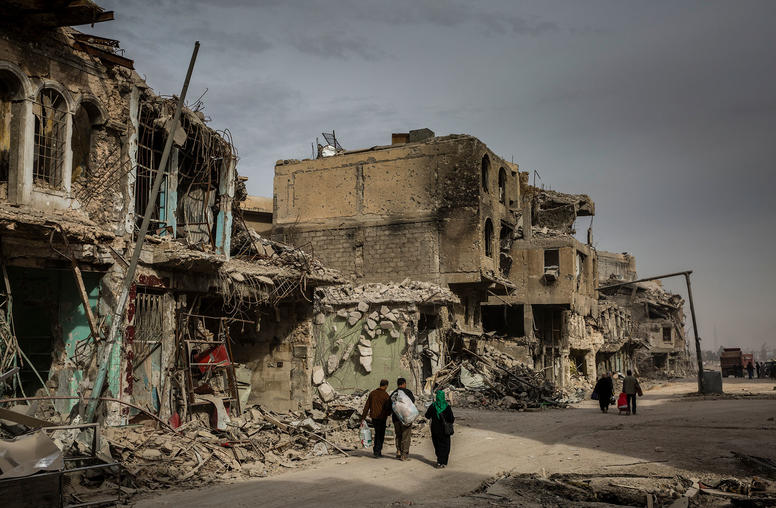
To Stabilize Iraq After ISIS, Help Iraqis Reconcile
An international conference opens in Kuwait Monday to plan ways to rebuild Iraq and secure it against renewed extremist violence following the three-year war against ISIS. A USIP team just spent nine days in Iraq for talks with government and civil society leaders, part of the Institute’s years-long effort to help the country stabilize. The Kuwait conference will gather government, business and civil society leaders to consider a reconstruction that Iraq has said could cost $100 billion. USIP’s president, Nancy Lindborg, and Middle East program director, Sarhang Hamasaeed, say any realistic rebuilding plan must focus also on the divisions and grievances in Iraq that led to ISIS’ violence and that still exist.
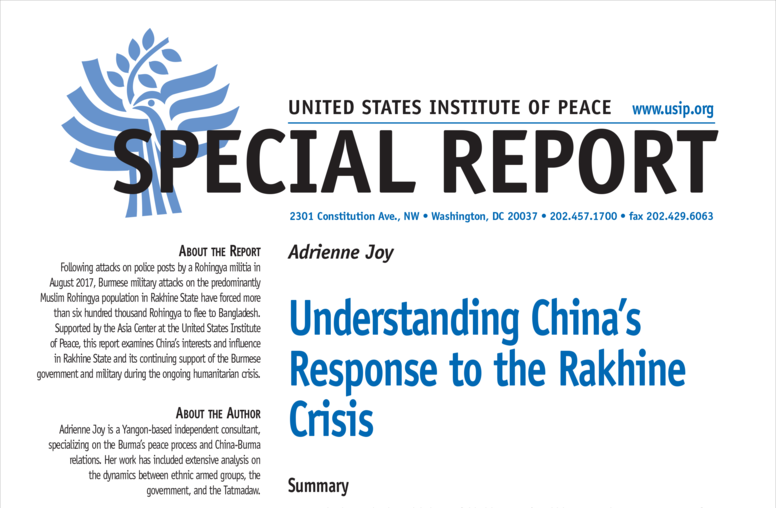
Understanding China’s Response to the Rakhine Crisis
Following attacks on police posts by an armed Rohingya militia in August 2017, reprisals by the Burmese government have precipitated a humanitarian crisis. More than six hundred thousand Rohingya have fled to Bangladesh, where they face an uncertain future. Publicly stating that the root cause of conflict in Rakhine is...

Scott Worden on the Effects of the Taliban and ISIS attacks in Afghanistan
Fresh off his trip to Kabul, Afghanistan, Scott Worden shares his analysis of the string of recent Taliban and ISIS attacks. Worden discusses how these attacks are meant to destabilize the Ghani government, and how 2019 elections could be affected by Taliban and ISIS pressures.

Maria Stephan on the Iranian Protests
Maria Stephan discusses non-violent action in Iran and the diversity among participants in the recent protests. Stephan tackles the impact of cyber suppression on protesters and how "he